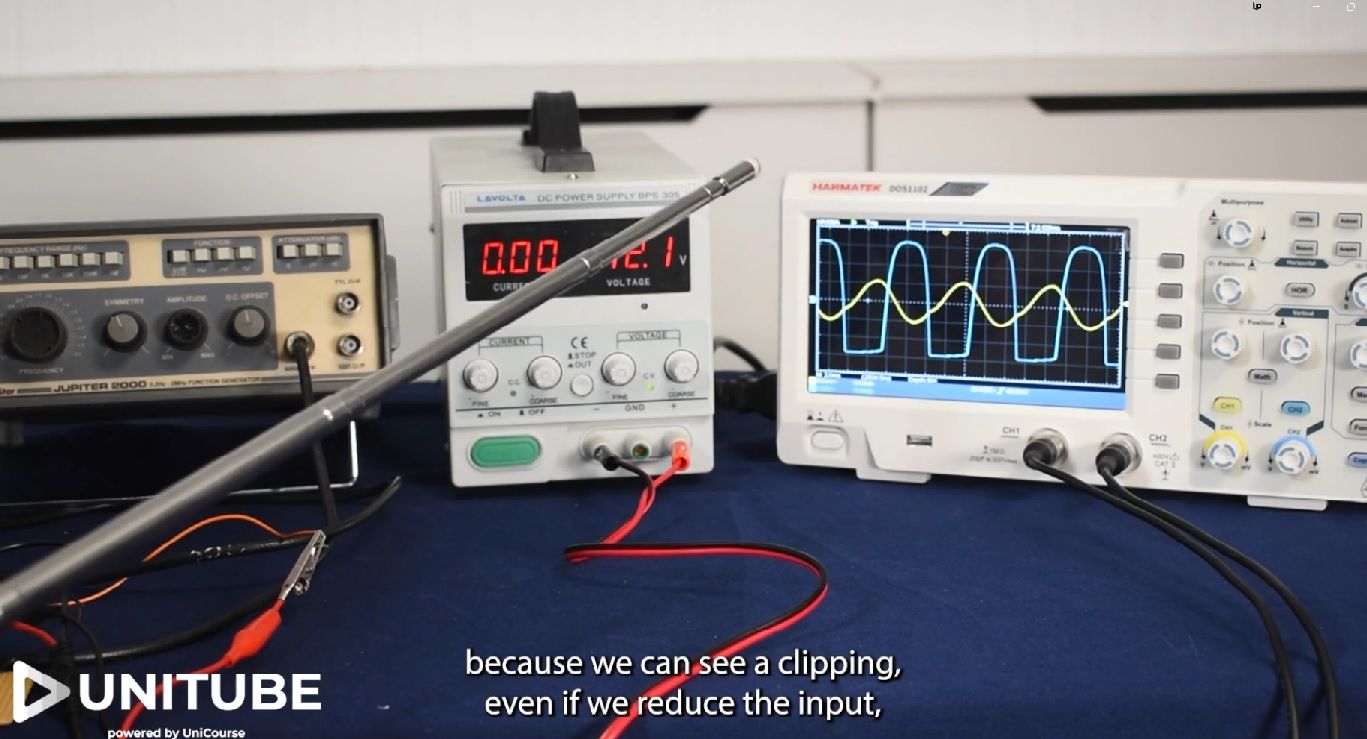Electronic Circuits and Devices
A self-contained unit introducing learners to four main topic areas that are usually covered in a wide range of academic qualifications. Each section includes titles with symbols, circuit diagrams and circuit simulations. Electronic simulations are blended into the videos with practical test circuits, introducing learners to both theoretical and experimental circuit theory.
Electrical engineering: You will learn how to design and build electronic circuits. This knowledge will allow you to create your own electronic circuits, or to modify existing circuits to meet your needs.
Underlying Principles of Electronics: This knowledge will allow you to troubleshoot and repair electronic devices, and to understand how they work.
Problem Solving Skills: Electronic circuits can be complex, so you will learn to think critically and solve problems in order to design and build them.
Computer Aided Design (CAD) Software: CAD software is essential for designing electronic circuits, so you will learn to be proficient in its use and how to apply it within different work based scenarios.
In general, electronic circuits and devices can help you to develop a wide range of skills, including mathematics, physics, problem-solving, and teamwork. These skills are in high demand in the job market, and they can lead to a rewarding career in electronics.
Level 3
£9.95
- 36 PDF Lessons
- 6 Video Tutorials
- 16 Multiple Choice Exercises
- Final Exam
- Certificate of Completion



